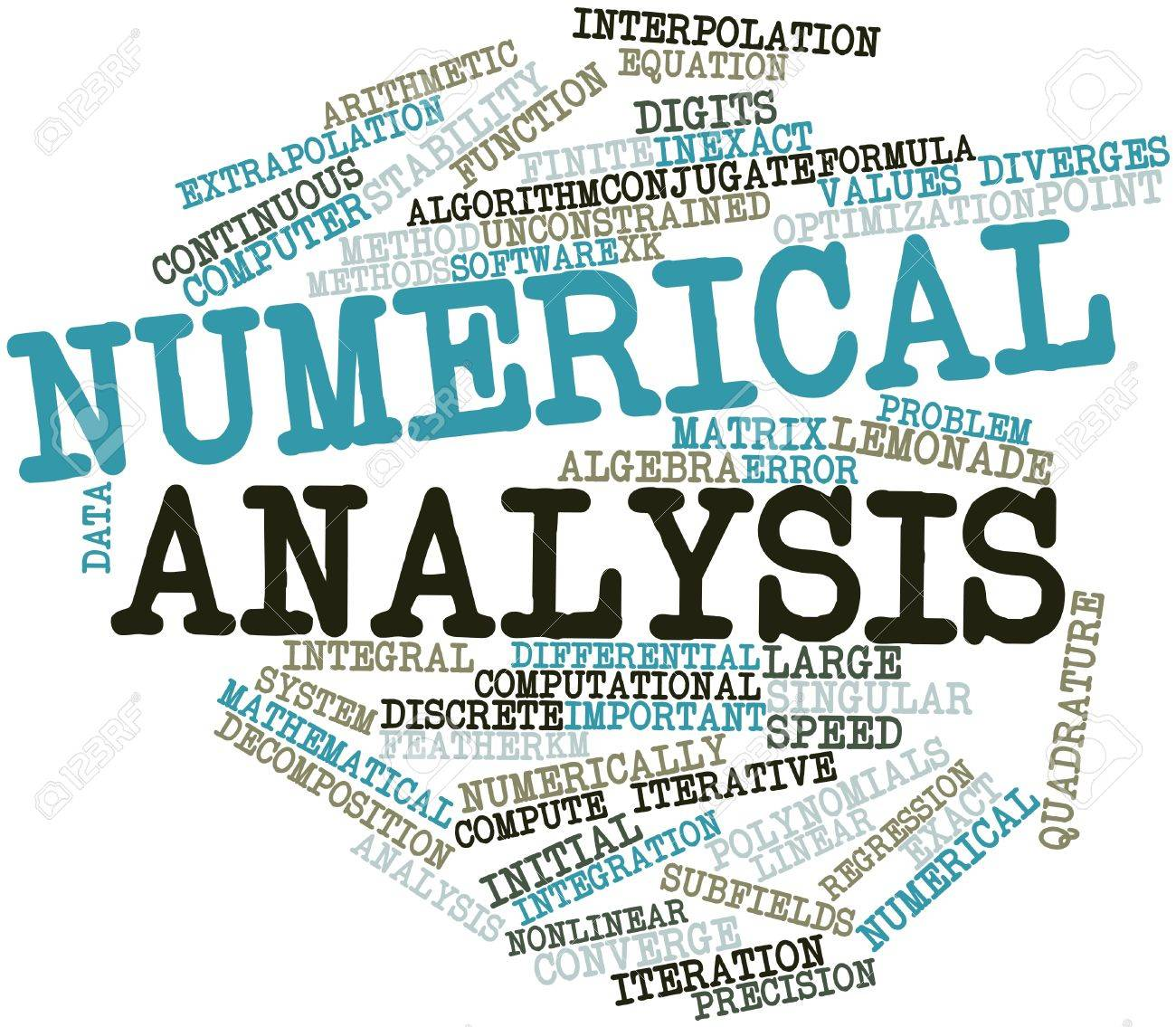MA214 - Introduction to Numerical Analysis

Instructor
Prof. S. Baskar
Section
S2 (The whole mechanical department was in S2 along with meta and energy sophies)
Semester
Spring
Course Difficulty
Difficult
Time Commitment Required
The course had 3 hours of lectures and a weekly tutorial session (8 credits!). The course is mathematically involved and that’s what one should expect from a 8 credit MA course (:p), although the first half of the course was relatively easy. It requires regular revision of previously learnt concepts because the newer concepts build on the already learnt ones. Also since the course had 3 quizzes, it required studying on a regular basis rather than procrastinating and burning the midnight oil just before the exam. So if one is attentive in the class and attends the tutorial sessions regularly then four hours per week would help you sail through the course easily.
Grading
Absolute (85+ AA and so on) and strict
Attendance Policy
80% attendance compulsory, else DX grade (eventually he ended up giving up no DX grade for our batch due to some glitch in ASC portal but don’t expect that to happen again). He did compensate for the lost DX’s with many FR’s!!
Pre-requisites
None as such but brushing up MA105 pre mid sem part will be useful
Evaluation Scheme and Weightages
The evaluation was based on three quizzes (accounting for 15 marks each), mid semester examination (accounting for 25 marks) and end semester examination (accounting for 40 marks) Yes the total was 110! (100+ and you have your AP) ;D Good performance throughout the course, therefore, was crucially important for a good grade.
Topics Covered in the Course
Mathematical Preliminaries(included sequence, limits, continuity, differentiation, integration and Taylor’s Theorem), Error Analysis(included representation, types of error and propagation of errors in arithmetic operations and function evaluation), Numerical Linear Algebra(included direct method for Linear Systems, matrix norms, condition number of a matrix, iterative methods for linear system like Jacobi and Gauss Seidel method and the eigenvalue problems), Nonlinear Equations (included closed domain and open domain methods), Interpolation, Numerical Integration and Differentiation and Numerical ODE.
Quality of Lectures
The instructor is well versed with the subject and has authored a book on the subject which he uses as the study material for his course. He also emphasizes a lot on the proofs of the theorems as they are useful in solving some problems. The post midsem part of the course involves a lot of formulas that are to be memorised (NO cheat sheet!). Also in addition to that the instructor rushed through the post mid sem portion(imo). In general it might seem that the instructor just reads out the slides but if one is attentive in the class it can be indeed helpful especially because some of his one-liner concepts are not present in the slides but are definitely asked in the mid semester and end semester exams (take special note of such instances). The instructor entertains all doubts and even answers them satisfactorily. Also the instructor was very particular about some steps while writing a problem solution, which he mentions during the lecture (another reason for you to be attentive in the class). Since one has to attend the lectures anyway (he wouldn’t compromise on the attendance policy!), I’ll suggest one to be attentive in the class.
Assignments and projects in the Course
There were no assignments and projects but only a weekly tutorial session (ungraded)
Exams
The instructor provided the study material which had practice problems at the end of each topic. So if one has solved the tutorials and those problems, the exams would be moderately easy as most of the questions were from the above mentioned set of problems (that doesn’t mean you should not practice other problems!). The checking was on a lenient side but as mentioned the instructor was particular about some steps (and that was a major reason many students lost marks). In short, doing the assigned problems is necessary (not sufficient). Apart from knowing concepts well, the examinations will also test how well you can present a solution to the problem. Solution formulation is a very crucial aspect of the evaluation (just like MA105) so do focus on this as well!
Reference Material
The instructor provides the study material (Introduction to Numerical Analysis by S. Baskar and Sivaji Ganesh) which is well written and has sufficient numerical examples and problems.
Importance of Course
The knowledge of the course is important in developing mathematical models and to get the solutions to various governing equations. For mechanical engineers, if you are planning to take up simulation based courses then you’ll probably get to hear many concepts you study in the course. It sensitizes you to the numerical errors in programming and hence very useful for computational fields of research.